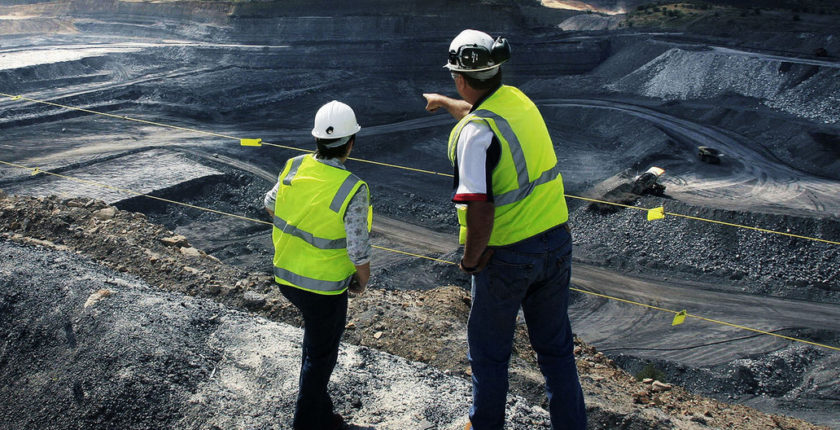The Environmental Impact of Mining: Exploring Sustainable Solutions for Extracting Metals and Minerals
Mining is the process of extracting minerals and metals from the earth’s surface. While mining provides important resources for our daily lives, it can have negative impacts on the environment, such as soil erosion, water contamination, and air pollution. Therefore, it is essential to explore sustainable solutions for mining that reduce its impact on the environment.
One approach is to use green mining technologies, which aim to minimize the environmental impact of mining through efficient use of energy and materials, waste reduction, and the use of renewable energy sources. For example, renewable energy sources such as solar and wind power can be used to power mining operations, reducing the carbon footprint of the industry.
Another approach is to implement responsible mining practices that prioritize environmental and social sustainability. This includes reducing the use of hazardous chemicals, minimizing the amount of waste produced, and ensuring the protection of biodiversity and ecosystems. Companies can also implement reclamation and remediation plans to restore mining sites to their natural state after mining has finished.
Additionally, recycling and reusing metals and minerals can reduce the need for mining new resources, thereby reducing the environmental impact of mining. This can be achieved through designing products with recyclable materials, developing new recycling technologies, and improving collection and sorting systems.
In conclusion, mining is an essential industry for our modern society, but it has negative environmental impacts that need to be addressed. By implementing sustainable mining practices and technologies, we can minimize these impacts and ensure the responsible use of our planet’s resources.

